Tamar Kavlashvili, PhD
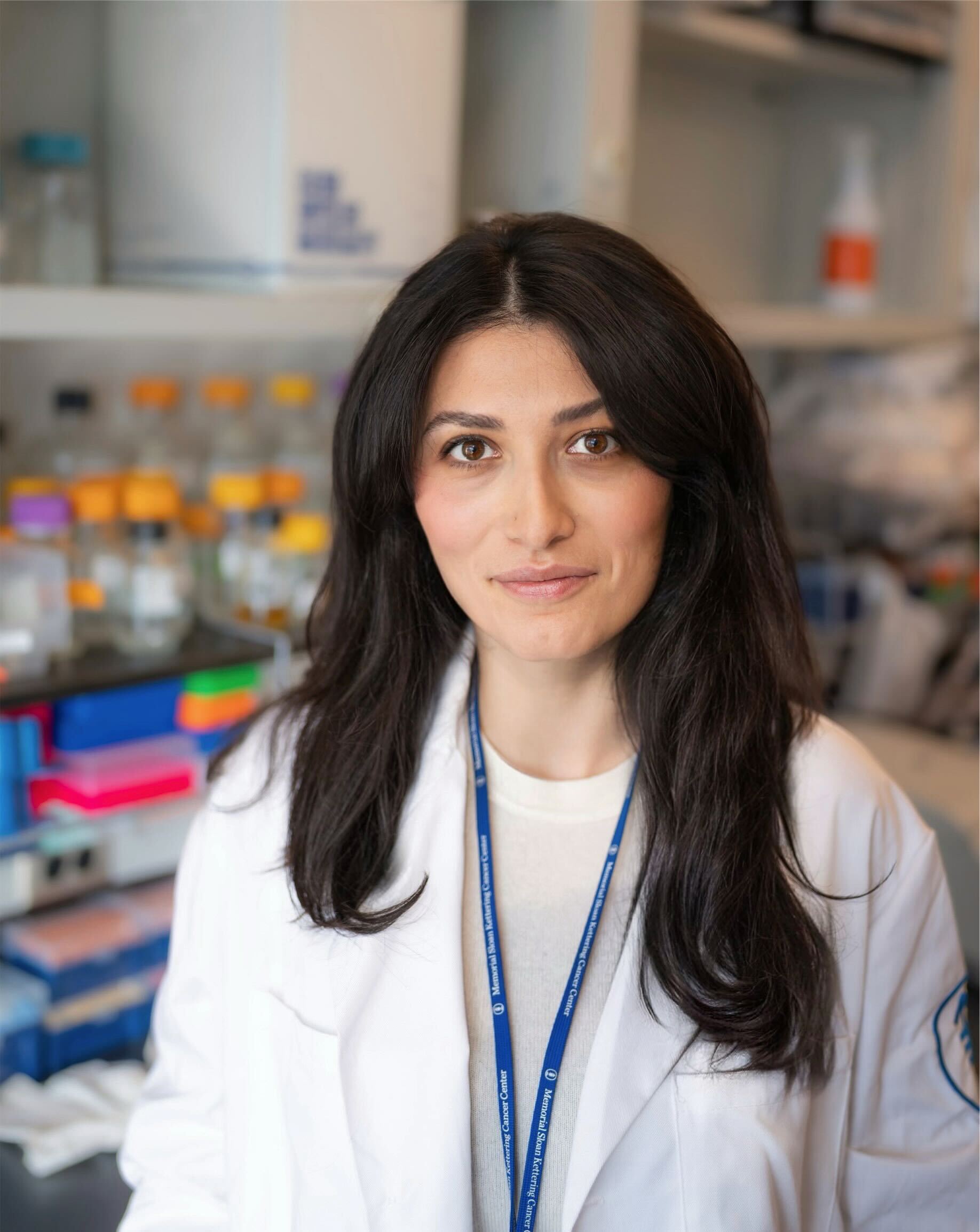
Mitochondria harbor independent genetic material known as mitochondrial DNA (mtDNA). This compact, circular molecule encodes proteins essential for the assembly of the mitochondrial electron transport chain to generate energy in form of ATP. Like nuclear DNA, mtDNA is susceptible to damage and mutations. One of the most common disease-causing aberrations of mtDNA is termed “common deletion.” This aberration disrupts mitochondrial function, resulting in neuromuscular diseases and potentially certain cancers, including colorectal cancer. Due to a lack of tools to modify the mitochondrial genome, researchers currently do not understand the mechanisms behind common deletion. Dr. Kavlashvili [Timmerman Traverse Fellow] aims to investigate by using cutting-edge molecular biology tools to edit and visualize mtDNA genomes. She will then be poised to unravel impacts of this deletion on various tissues, in order to ultimately mitigate its pathological impact. Dr. Kavlashvili received her PhD from Vanderbilt University, Nashville and her BS from University of Iowa, Iowa City.
Rodrigo Gier, PhD
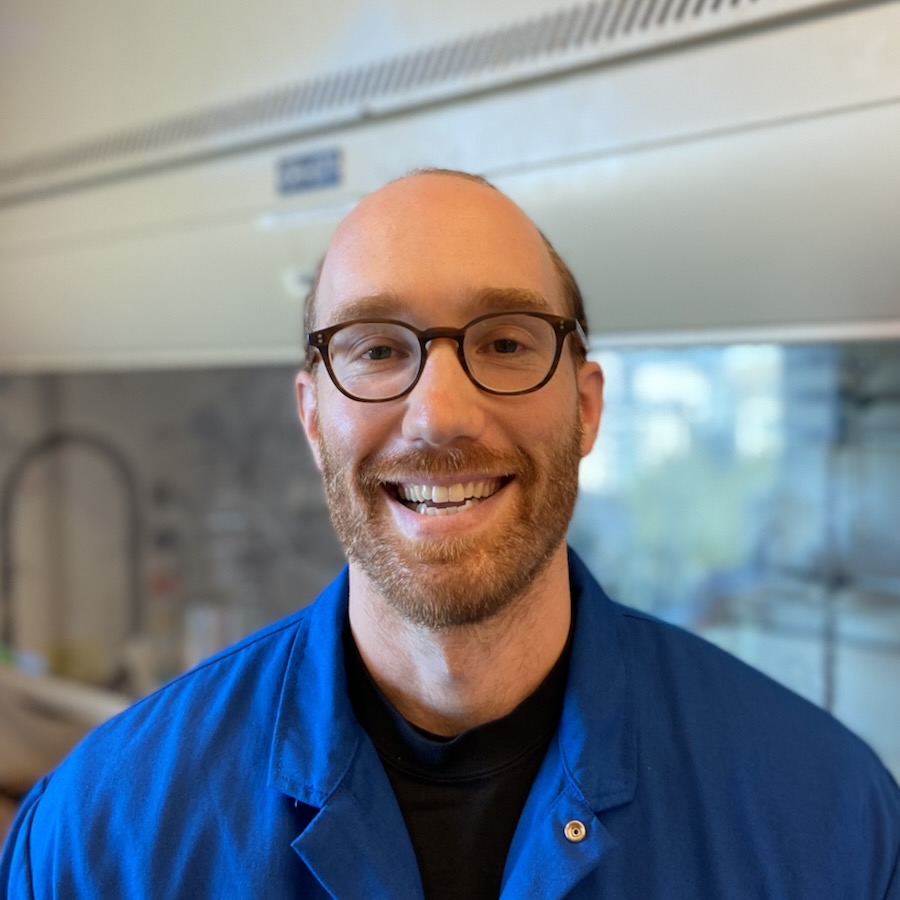
Drug therapies that selectively target proteins that drive the growth of tumor cells are rapidly becoming the standard of care for many cancers. However, tumors are often able to evade inhibition by targeted anti-cancer drugs by activating other proteins, leading to drug resistance. Dr. Gier [HHMI Fellow] is developing a new therapeutic approach that repurposes existing drugs to release highly toxic cargoes, known as payloads, that aggregate in drug-resistant cancer cells and kill them. As a general platform, it is applicable to a wide range of solid and liquid cancers. Dr. Gier received his PhD from University of Pennsylvania, Philadelphia and his BA from Swarthmore College, Swarthmore.
Longyue Lily Cao, MD, PhD
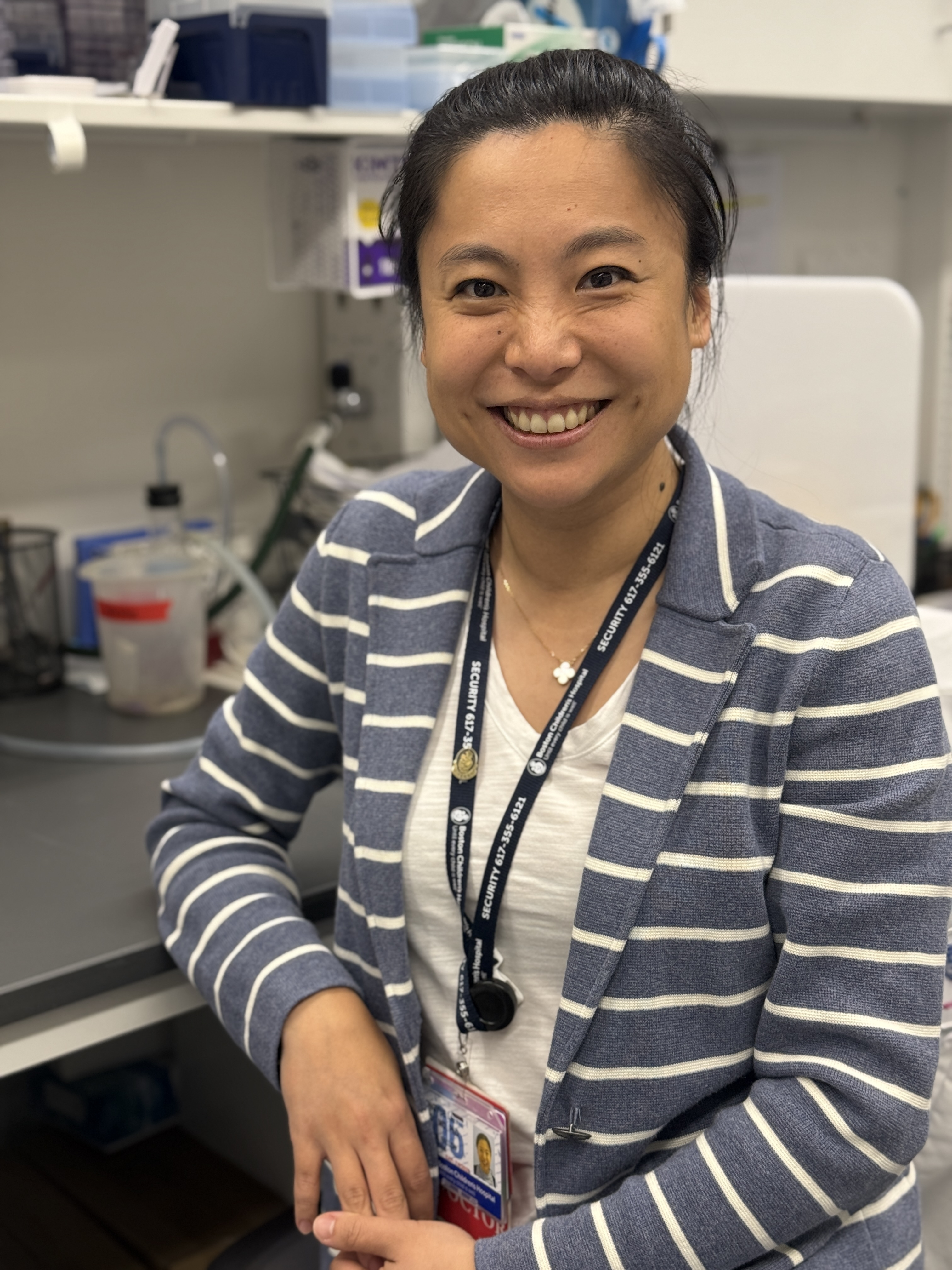
Hepatocellular carcinoma (HCC) is the most common liver cancer and has one of the highest cancer-related mortality rates. Conventional cancer immunotherapies, which largely focus on enhancing T cell activity, are unfortunately effective in only a small minority of HCC patients. Though dendritic cells (DCs) are essential for T cell activation, their potential as an immunotherapeutic target remains poorly understood. Dr. Cao is investigating how a unique, hyperactivated state of DCs can be harnessed to enhance anti-tumor immunity in a genetically engineered mouse model of HCC. Her work aims to uncover how hyperactivated DC responses generate stronger and longer-lasting protection against HCC and hopefully other cancers that are poorly responsive to conventional therapies. Dr. Cao received her MD, PhD from Albert Einstein College of Medicine, Bronx and her BS from Cornell University, Ithaca.
Brendan Floyd, PhD
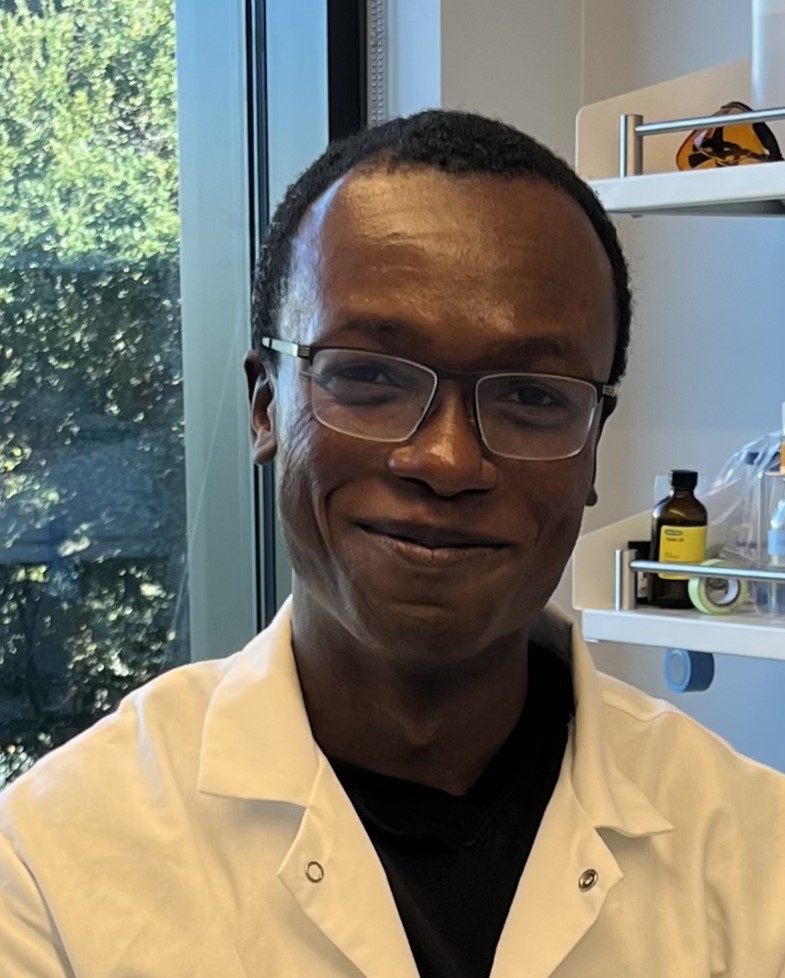
Proteins found on the surface of cells are key agents in cancer progression, as they play a role in cell signaling and metastasis. Targeted protein degradation has emerged as a therapeutic strategy to modulate what are considered “undruggable” proteins. Specifically, lysosomal-targeting protein degradation (LTPD), which uses the cancer cell’s own degradation machinery to break down proteins, has demonstrated therapeutic potential. However, the proteins targeted for LTPD have been limited to a few well-studied membrane and extracellular proteins, leaving much still unknown about the breadth of proteins that can be targeted for degradation and the features of a target protein that determine LTPD efficacy. Dr. Floyd [HHMI Fellow] aims to systematically characterize the features of cell surface proteins that drive the efficacy of LTPD with the goal of identifying new targets for blood cancer treatment. Dr. Floyd received his PhD from University of Texas at Austin, Austin and his BS from California Polytechnic State University, San Luis Obispo.
Shaohua Zhang, PhD
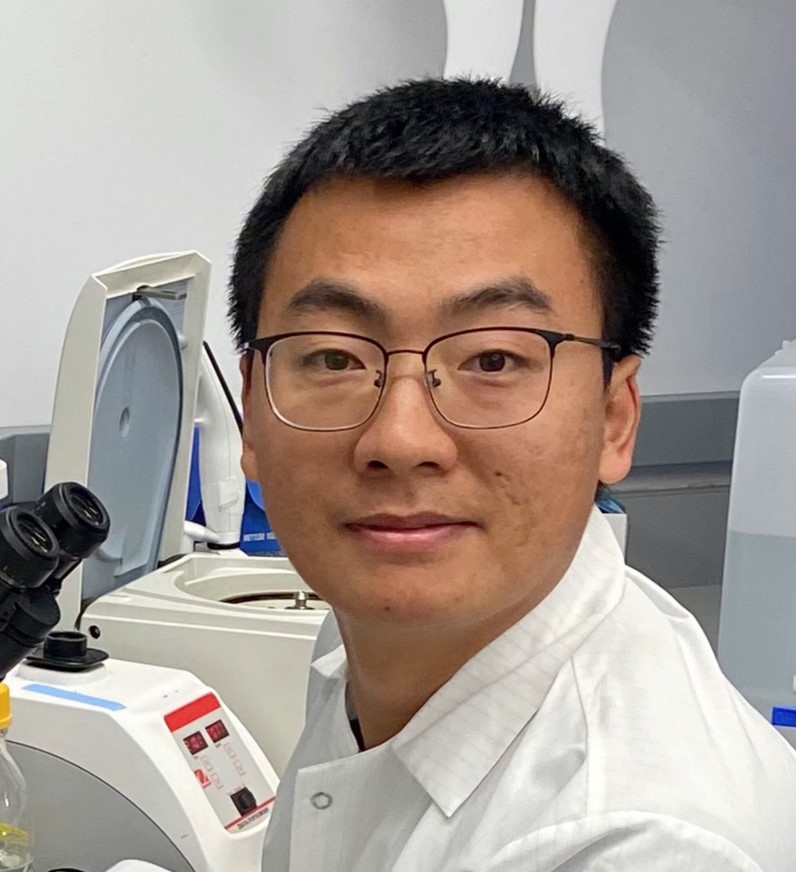
Dr. Zhang [Timmerman Traverse Fellow] aims to engineer T cells with synthetic cell adhesion molecules (synCAMs) to augment current approaches for immunotherapy. This project represents a fundamentally new strategy for CAR T cell engineering that could overcome tumor escape from immunotherapy across multiple forms of cancer. Understanding how synCAMs contribute to CAR T cell efficacy will provide insights beyond cytotoxic CAR T cell therapy; this work could lead to the application of synCAMs in other engineered immune cell therapies under investigation, such as CAR macrophages, CAR natural killer cells, and CAR T regulatory cells. Overall, this approach could lead to CAR T cells that are much more robust to tumor evasion and target antigen expression, and thus much more effective therapeutically. Dr. Zhang received his PhD from University of Chinese Academy of Sciences, Shanghai and his BS from Wuhan University, Wuhan.
Erin M. Parry, MD, PhD
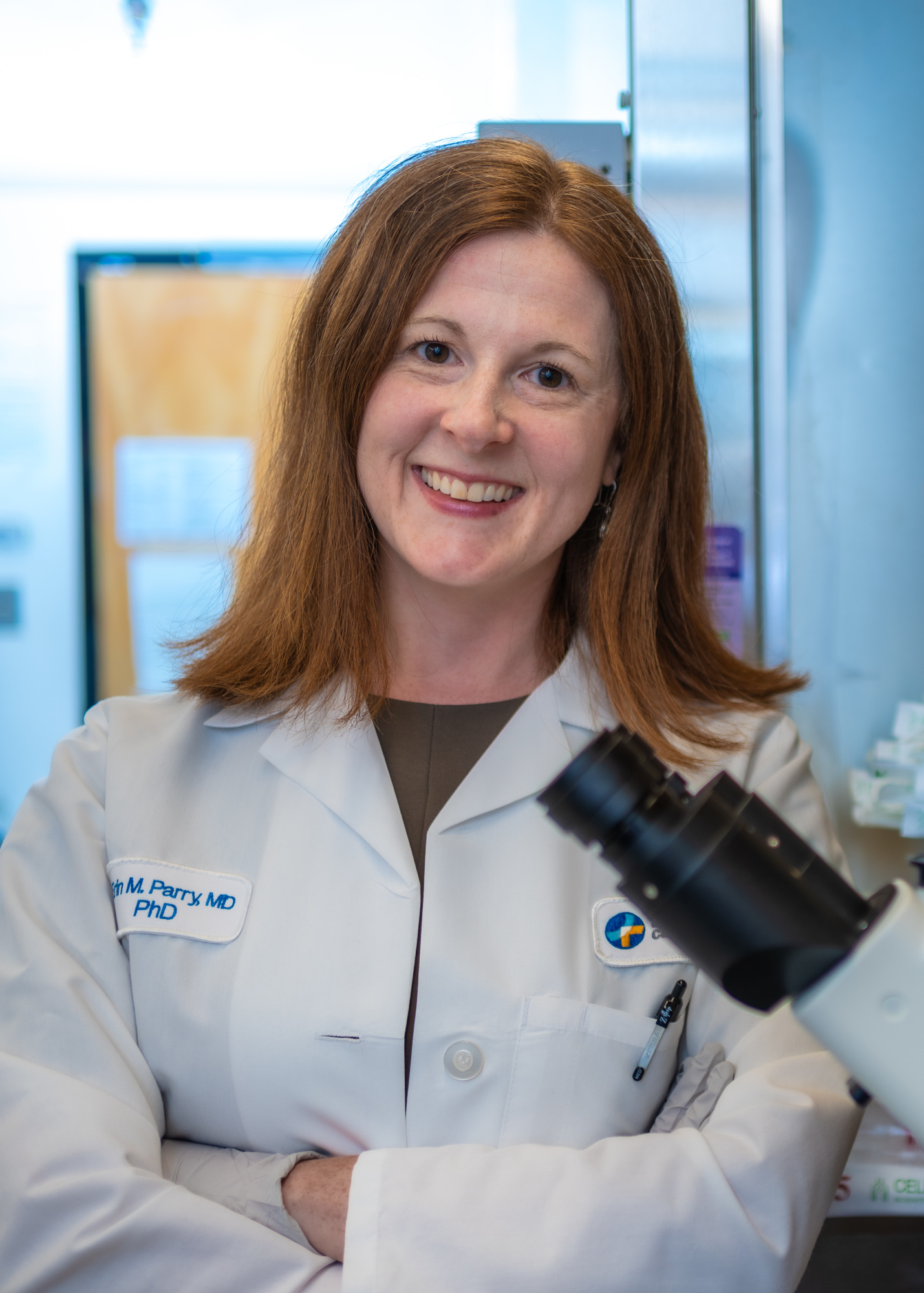
Daniel J. Puleston, PhD
The exploration of human tumors in their native environment is challenging, precluding a deeper understanding of how cancer and important therapeutics work. Dr. Puleston [Bakewell Foundation Innovator] is developing new ways to investigate human cancer by keeping tumor-bearing organs alive outside of the body, allowing for the experimental study of tumors within human tissues. Employing this approach to study hepatocellular carcinoma (HCC), one of the most lethal forms of liver cancer, Dr. Puleston will expose HCC-laden livers to immunotherapy drugs and metabolic tracers to reveal the metabolic landscape of HCC cancers and how tumor metabolism is shaped following drug treatment. Through the study of tumors and anti-cancer agents in situ, Dr. Puleston hopes to elucidate new pathways with therapeutic potential and novel strategies to optimize existing therapeutics.
Nicholas P. Lesner, PhD
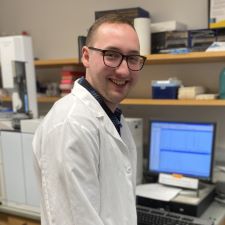
Ammonia, a waste product of cellular activity, is cleared from the body by the liver and kidneys through a process known as the urea cycle. During the urea cycle, ammonia is converted to urea, and arginine (an amino acid) is generated. When liver cells become cancerous, the urea cycle pathway stops functioning and cancer cells must import arginine from outside the cell. When cancer cells are prevented from importing arginine (via removal of arginine from the diet or genetic removal of the transporter), tumors do not grow, suggesting that arginine is critical for cells. However, the function of arginine in the cell is unclear. Using mass spectrometry and mathematical modeling, Dr. Lesner will identify the fate of arginine as it is metabolized by liver cancer cells in mouse models, and investigate how this is altered by various genetic mutations. Additionally, he will examine how restricting arginine from the diet genetically alters the liver and tumor cells. By understanding how disruption of this metabolic pathway influences liver cancer growth in the context of specific cancer drivers, Dr. Lesner aims to inform new therapeutic strategies. Dr. Lesner received his PhD from The University of Texas Southwestern Medical Center, Dallas and his BA from the University of Wooster, Wooster, Ohio.
Marie R. Siwicki, PhD
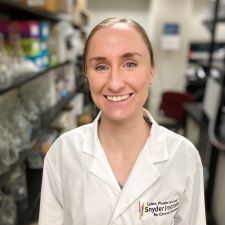
Neutrophils are important anti-microbial cells within the innate immune system. Recently, it has been shown that neutrophils can perform diverse functions, taking on both pro-inflammatory and pro-healing roles in response to tissue injury or insult. Dr. Siwicki's [Dale F. and Betty Ann Frey Fellow] goal is to understand how different neutrophil subtypes or states function to balance inflammatory versus regenerative processes, ultimately influencing tissue health and cancer. This work has the potential to uncover the basis of neutrophils' pro-tumor versus anti-tumor functions and could open the door to therapeutic targeting of specific neutrophil behaviors in order to improve clinical outcomes in cancer. Dr. Siwicki received her PhD from Harvard Medical School, Boston and ScB from Brown University, Providence.
Ben F. Brian, PhD
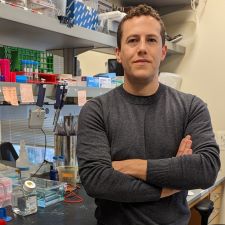
Abnormal interactions between our immune system and our gut microbes can lead to inflammation that drives colon and gastric cancer growth. Dr. Brian [HHMI Fellow] is investigating how the immune system recognizes and responds to these microbes, and how these interactions contribute to abnormal inflammation that can fuel cancer growth. Microbiota-immune interactions have been generally studied in the context of "clean" laboratory mice, but these models do not fully capture human immunology and the complex interplay between host cells and foreign microbes. To overcome this, Dr. Brian plans to study these interactions in "dirty" mice, colonized by a diverse community of microbes as well as pathogens. He will then use laboratory mice with more defined microbial communities to test how recognition of specific microbes by the immune system is regulated and how disruptions to this regulation contributes to inflammation. Dr. Brian received his PhD from the University of Minnesota, Twin Cities and his BS from the University of California, Santa Barbara.
